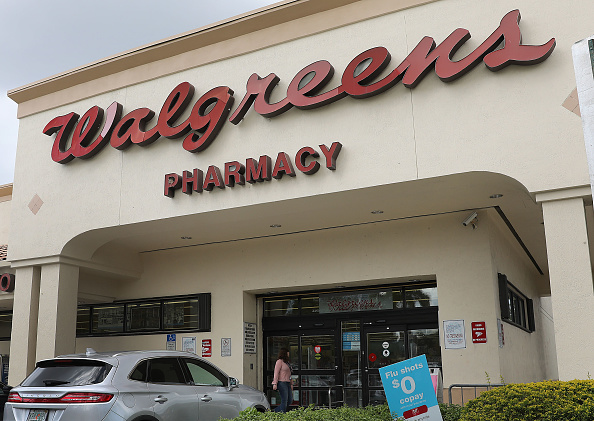
On the heels of announcing big plans to invest $1 billion into a network of primary care clinics, Walgreens Boots Alliance posted a $1.7 billion net loss. The company saw declining sales, particularly at its overseas locations, as a result of the pandemic.
Despite the massive loss and the continued uncertainty due to Covid-19, analysts said they liked the company’s long-term strategy of opening primary care locations concurrent with its stores. Yesterday, the company announced its partnership with VillageMD, with plans to open 500 to 700 primary care locations in the next five years.
In a research note, Cowen Managing Director and Senior Research Analyst Charles Rhyee wrote that despite the near-term losses, “…we like where the (long-term) strategy is going.”
“Previously, we had believed WBA’s partnership strategy was more retail oriented with the benefit largely driven by rental income and increased volume from foot traffic. However, the VillageMD partnership deepens WBA back into health care, which we think is a must in the current evolving landscape for health care services,” he added.
Walgreens reported revenues of $34.63 billion, a slight increase from the same quarter in 2019. The company’s $1.7 billion net loss is a significant decrease from its net earnings of $1.03 billion in 2019. The company’s stock tumbled by nearly 8% to $39 at market close on Thursday.
Walgreens chalked up a decline in sales of $700 million to $750 million to the pandemic. As lockdown restrictions led to lower foot traffic in its stores, it saw sales drop. Its pharmacy business also slowed with fewer patients going to the doctor or the hospital.

A Deep-dive Into Specialty Pharma
A specialty drug is a class of prescription medications used to treat complex, chronic or rare medical conditions. Although this classification was originally intended to define the treatment of rare, also termed “orphan” diseases, affecting fewer than 200,000 people in the US, more recently, specialty drugs have emerged as the cornerstone of treatment for chronic and complex diseases such as cancer, autoimmune conditions, diabetes, hepatitis C, and HIV/AIDS.
The company’s U.S. stores actually did fine — even though transactions dropped by about 10%, customers were purchasing more items with each visit. But in the U.K., same-store sales at Boots locations dropped by 48% in the quarter due to strict lockdown conditions. Boots saw online purchases increase considerably, but those sales also came at a higher cost due to shipping and fulfillment.
The company plans to close 48 Boots Opticians stores and a 20% staff reduction in its U.K. support office.
Even with these financial results, Walgreens plans to push forward with its strategy to build out its healthcare services. When asked about its other partnerships with UnitedHealthcare and LabCorp, executives still seemed to have some interest.
Walgreens Co-Chief Operating Officer Alex Gourlay pointed to the company’s work with United to open 14 Medicare services centers at its stores in Las Vegas, and said the company would continue to expand its Partners in Primary Care model with Humana, with three new locations.
“We continue to believe strongly in the neighborhood destination concept,” he said in an earnings call. “We believe we’ll have to have more partners than just one, but at the moment, the partner who really has performed the best for us has been VillageMD and we’re very committed to accelerating in the way we described.”
Photo credit: Joe Raedle, Getty Images












